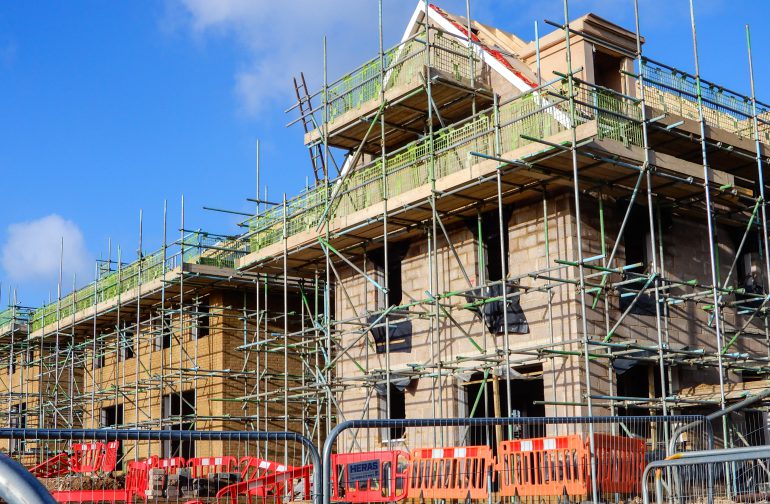As of 1 January 2023, social housing associations will no longer be required to pay a tax on rental income, as a result of an agreement reached between the Dutch government, renters’ advocates, housing associations and municipalities throughout the nation. The accord frees associations from paying taxes totaling approximately €1.7 billion, money which will now be available for investments designed to build more affordable housing, make improvements to current rental properties and implement rental reductions for low-income households.
The agreement was signed on June 28 at the Ministry of Internal Affairs in The Hague. Aedes, an organization representing Dutch social housing associations, Woonbond, an renters’ advocacy group, and VNG, the Association of Dutch Municipalities, were all parties to the accord. Approximately €120 billion will be available to support decreases in rent, home improvements and sustainability between 2022 and 2031.
As part of the agreement, social housing associations have agreed to build twice as many homes for the social rental sector, ramping up their construction from current levels of 15,000 homes per year to 30,000 by 2030. In addition, the housing associations have agreed to build 50,000 new homes for middle-income renters – those paying between €800 and €1000 per month – by 2024.
Rent for those making less than 120% of the social minimum will decrease by €550 per year or approximately €57 per month, a move expected to benefit approximately 500,000 low-income households. This rental reduction comes in lieu of a planned rent freeze set to go into effect in 2024.
The agreement also calls for housing associations to spend more than €1.5 billion on long-term housing stock improvements, including the implementation of mold and moisture reduction and remediation plans. In addition, at least 450,000 existing apartments and homes must stop using gas by 2030. These improvements will be coupled with a rental freeze for the renovated homes, which will ultimately put more money in the renters’ pocketbooks by allowing them to benefit from a rental freeze as well as energy savings.
Under the terms of the accord, housing associations must also spend at least €200 million per year on general housing stock improvements and €75 million to increase the livability of neighbourhoods in which the homes they own are located.
The agreement is designed to at least partially address the current housing crisis, according to research conducted by ABF Research in conjunction with Capitol Value, a housing consulting firm. The report released in February of this year provided a shocking snapshot of the depth of the current housing crisis: the Netherlands has 276,000 too few homes to house its current population, and this number is projected to rise to 316,000 by 2024
The elderly and individuals just starting in the housing market face the greatest difficulties when it comes to finding a place to live. Among those under the age of 30, at least 244,000 households, or approximately one in four individuals in that age group, are either living in a home that is too small for their needs, too expensive or in a location far away from work. Many also live with their parents, but would like to move out.
The crisis is most acute in the Randstad, particularly in areas close to Amsterdam, and is driven by a combination of record-high housing prices, steady population growth and slow to nonexistent expansion of the current housing stock through new construction. Other areas facing acute housing shortages include Delft and the neighbouring municipality of Westland, and the province of Flevoland.
While the agreement is welcome, its impact won’t be felt immediately and may well be limited. The construction sector won’t be capable of building the 100,000 homes a year required to actively address the crisis until 2026 at the earliest. And while the accord will ease housing pressure in the social sector, it’s not designed to directly address the high price of homes rented or sold on the open market.
Written by Lorre Luther
